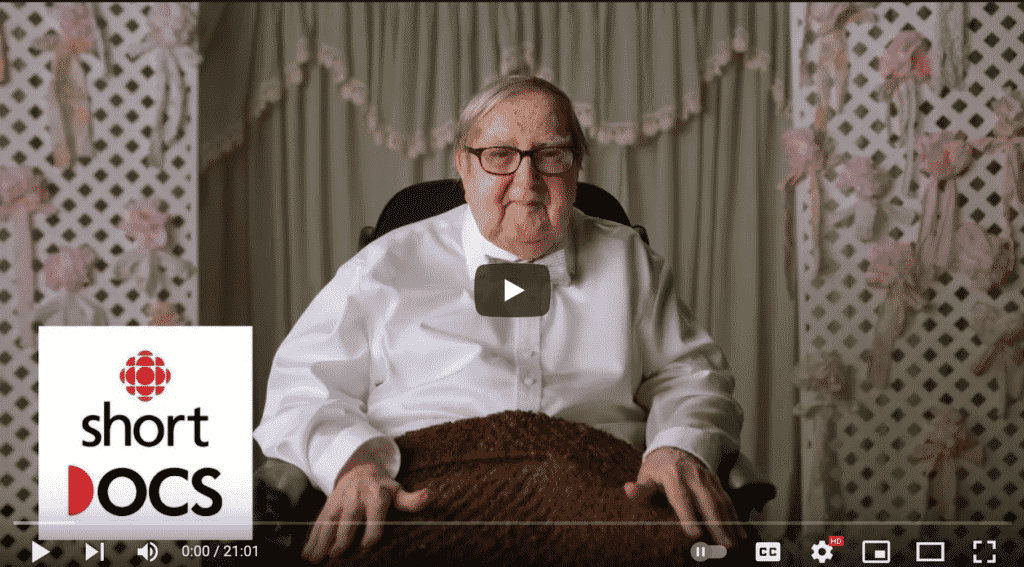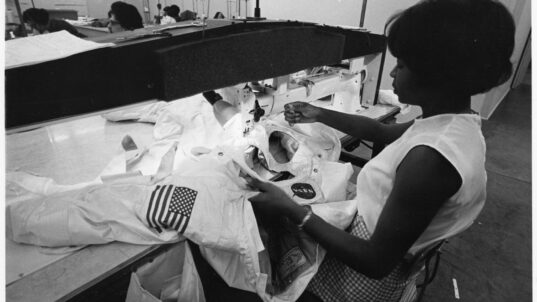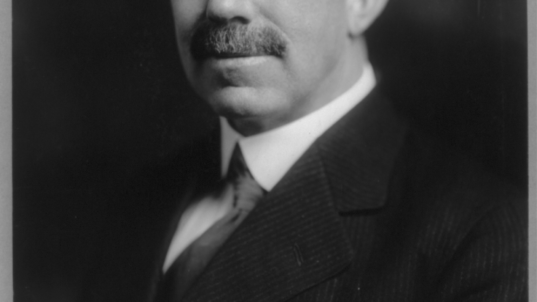Session 3 of a Film & Conversation Series on LGBTQ+ Generations
On November 18th, we watched Take Me to Prom, a short film about LGBTQ+ experiences of the adolescent milestone of prom through personal stories spanning 70 years. After the film, we split into three breakout groups to have exploratory conversations to draw out the different concerns and challenges raised by the film–issues relating to gender, sexuality, the meaning of proms in our culture, and more. At the end of our discussions, we also brainstormed some possibilities to address these concerns and challenges.
This was the final session in a films and conversations series on the theme of LGBTQ+ Generations. This online discussion series was organized by the Interactivity Foundation in partnership with Capitol Hill Village, a member-driven, volunteer-based organization that engages neighbors in the Capitol Hill neighborhood of D.C. to build a vibrant, inclusive, and age-friendly community that empowers everyone to thrive and live meaningful, purposeful lives.
Here is a summary of what we discussed:
Concerns and challenges about the LGBTQ+ experiences of prom
- The film highlighted how prom experiences differed significantly for different generations of LGBTQ+ students. Proms as a rite of passage, but not everyone was allowed to participate fully. People couldn’t come out at that time, so they couldn’t be themselves.
- The deep personal shame felt by some at not being able to be truly themselves: of hiding, acting, and being closeted at this rite of passage.
- The great courage of some LGBTQ+ individuals who advocated to participate on their own terms: e.g., the student who brought a lawsuit to be allowed to bring his boyfriend to prom; and others as well.
- The overall evolution or transition of the prom experience over the years for LGBTQ+ persons toward a more accepting, self accepting, positive, and collective experience.
- Nowadays more students are comfortable with a fluid and wider range of gender expression and sexual identities.
- Notable how excited and happy the most recent prom goers were in the film. Prom for them was a positive, affirming experience and not a source of shame and disconnection.
- The corresponding transition over the years from a singular and isolating experience toward a collective experience. People started going with friends and describing the experience as a group thing. LGBTQ+ students started to experience high school more positively, with supportive friends.
- Have we really made much progress against the “hyper reinforced normativity” in high school?
- Even for more recent prom goers, it still felt awkward, uncomfortable, unmemorable, something enforced, expected, and not a genuine or relaxed “celebration,” and undoubtedly still more so for LGBTQ+ students.
- Strong discrimination still exists and thrives. In recent years, some schools cancelled proms rather than allow LGBTQ persons to attend.
- The “cotillion/debutante” dances and rituals still exist in some regions.
Concerns and challenges about proms generally as cultural phenomena
- The heightened cultural significance and expectations of proms: there are many media representations and movies about proms with so much weight on social approval, finding the right date, etc.
- Proms enforce a lot of sexist norms that can estrange a lot of kids. It creates a lot of unnecessary pressure for pairing up, finding a date, which creates tension for people who don’t have a partner, aren’t interested in a partner, or whose sexual identity lies outside the norms of their high school.
- Proms as a dress rehearsal for an eventual assumed wedding party. Lots of pressure comes from parents to make a “big show” of it.
- In the US, it is a time for teens to be out from under others’ control. In other countries/cultures, you are always under control—you don’t step out from your family as in the US. Family ties are more constraining in other cultures, limiting individual freedom.
- Teen years can be a time of rebellion, testing your freedom as a young adult, and refusing to conform. Not uncommon for many to reject proms and other conventions altogether.
- Proms as another form of discrimination–or at least a separation.
- Prom culture was shaped by White middle-class culture and was often used to exclude Blacks and other minority students. Elitism is built-in and needs to be broken down.
- Typically racially segregated in how students participate–as well as segregated by hetero/homo sexuality.
- Also highly segregated by class: proms are expensive; or require poorer students and families to overspend in order to attend
Other, related concerns and challenges
- Experience of high school and adolescence as a daily misery, a constant battle to avoid being bullied, to be safe, and to figure out one’s self identity in a highly judged and judgmental environment.
- Shame: feeling shame, being shamed.
- In some cases, the use of religion as a force of exclusion: restricting the ability of LGBTQ+ youth to participate as their authentic selves.
- There were and still are powerful cultural norms to assume everyone is straight.
- Enduring homophobia; violent projections of sexual insecurities.
- “Toxic masculinity” exists and promulgates violence along with white nationalism.
- Contrasting views: why are LGBTQ+ identities such a big deal? Who really cares about these differences? Different people have different identities and characteristics. Who cares? Kind of a “live and let live” attitude.
- Concerns about the growing authoritarianism in our country.
What factors have helped change society’s attitudes on LGBTQ+ issues?
- The popular culture changed: popular songs (e.g., YMCA), films, people learning a new vocabulary to talk about it.
- World War II and the many changes following it.
- Changing demographics.
- The role of the military in changing the culture:
- The military has a mixed record, at best, when it comes to social change.
- Rescinding the “don’t ask, don’t tell” policy helped. Marines were quicker to comply than other services.
- An ongoing and growing concern about white nationalists in the military.
- The AIDS crisis: made gay men more willing to come out, speak out, and be more assertive.
- The role of law and court decisions affecting employment, public access and accommodations, marriage, and more.
Different possibilities to address some of these challenges and concerns
- Make prom a celebration of individual self-development rather than of romance, beauty, or popularity. Make it a general celebration related to graduation.
- Get rid of the requirement or expectation that you bring a date; allow or encourage students to attend in groups, with their friends; you can bring a date if you want, but no expectation either way.
- Get rid of the Prom King, Queen, and Court popularity contests; or turn them into diversity celebrations.
- Make prom–and all of the high school experience–more inclusive. High school can be a time of great group unity, so what if it was refocused on inclusivity, on celebrating the diversity of the group?
- Provide more support for students who are non-binary.
- Use the internet to help LGBTQ+ youth in rural areas connect with peers elsewhere. You need to find your people to feel accepted and included.
- Continued activism for equality and inclusion. People may not want to be activists, but they realize they have to take a stand not just for themselves but for others and their community.
- Reduce the costs of attending proms: don’t require expensive dress, meals, limos, etc.
- Find more ways to enable and encourage young people to be their true selves. They need a space to explore their identities.
- A contrasting view: the whole idea of the prom is very American (emphasizing freedom of thought, discovering your sexuality).
- Let’s continue to change our overall culture: e.g., encouraging the use of preferred pronouns, in part just to help raise consciousness.
- Perhaps look to the more modern military for ways to emphasize acceptance and focus on work skills, talents, abilities rather than discriminating based on gender or sexual preference.
- Differing views on the role of pride and activism for LGBTQ+ issues and persons. What does “pride” mean, and what else can it mean?
- Actively and publicly demonstrating pride in your identity, as in parades and other public events.
- We should go back to the roots of pride and do more advocating and protesting.
- Today there is too much corporate support and all the business interests present in the pride parades.
- It should be up to each individual whether they’re “performative” or not, or even whether they’re out or not.
- Pride as something internal: the absence of shame; the peace and sense of personal well-being from not being ashamed of yourself.
- A global perspective: in many countries around the world, it is against the law to demonstrate for homosexual rights.




